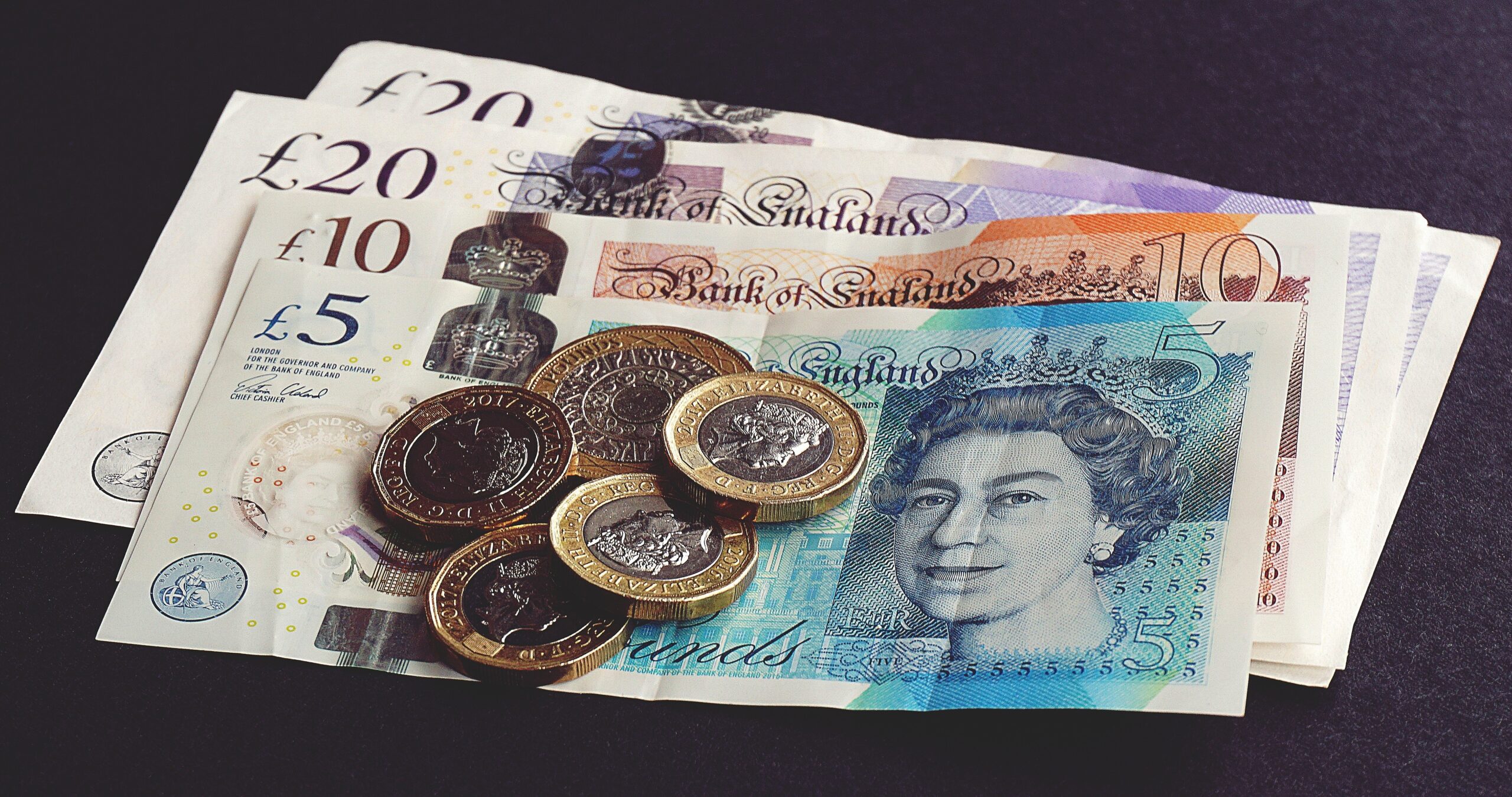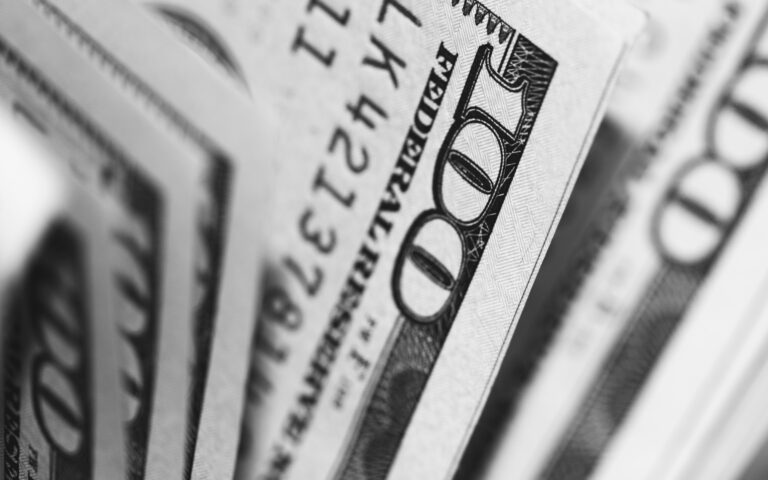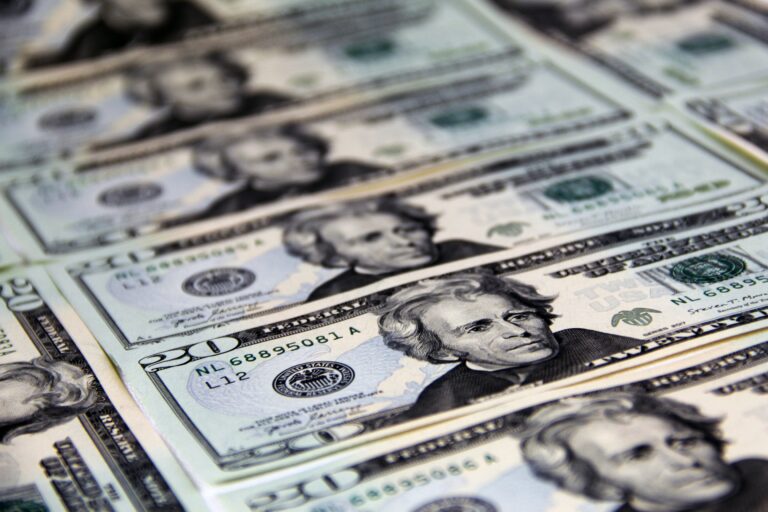
Daily Brief – Round two?
Round two?
Rising UK borrowing costs have failed to drag demand into the Pound. This time we are not referring to benchmark yields, with BoE Governor Bailey still insisting cuts amounting to 100-basis points are due in 2025. As we approached the new year, the 30-year gilt yield pushed above 5%, its highest level in over 25 years. Shorter term yields have also risen with the swaps market now pricing in just half of the rate cuts envisaged by the BoE governor this year. The 10-year yield touched its highest level since 2008 yesterday, another unflattering date for comparisons on UK assets.
The causes of such adjustments to the value of UK assets are squeezing any residual optimism for gilts and the Pound. They are built upon a global concern about inflation led by the US once again compounded by a lack of fiscal certainty and sustainability in Reeves’ budget. Put simply, at the same time the BoE is reducing its balance sheet, government borrowing costs are skyrocketing as investors don’t wish to fund what they see as an unsustainable government. As trading volumes spiked and volatility inched higher once again yesterday, parallels were drawn to Truss era Sterling trading – also not a good sign. Traded options volumes on Sterling were three times above their average yesterday, the highest since days of the Kwarteng ‘mini’ budget, with the order of the day reported to be downside GBP protection with popular strikes on cable sitting in the mid-teens.
The order of the day yesterday was downside Sterling protection pushing spot prices lower. The dislocation between Sterling and gilt pricing may only be resolved if opinion surrounding the government’s fiscal plans are deemed to be sustainable. Until such time, the negative feedback loop of rising borrowing costs of rising government spending requirements to service debt may continue to undermine Sterling. The jury, in the form of the market, will remain out as to whether this constitutes a sovereign crisis or a short-term lack of confidence.
Discussion and Analysis by Charles Porter

Related Insights

Daily Brief – Weren’t Tariffs USD Negative?
Weren’t Tariffs USD Negative? The Dollar proved sensitive to headlines regarding trade during the US overnight session. However, contrary to what many commentaries would have you believe, as the risk of tariffs escalated the Dollar rose. The 90-day pause following Trump’s April ‘liberation day’ tariffs had been set to expire this coming Wednesday. To the […]

Daily Brief – Dollar Reserves
Dollar Reserves With the passing of Trump’s original deadline for the reimposition of liberation day tariffs yesterday, markets have breathed a sigh of relief. July VIX futures continued to slide lower. Moreover, what may surprise anyone who had been expecting the issue of tariffs to resurface following the passing of Trump’s new deadline, so too […]

Daily Brief – Big Girls Don’t Cry
Big Girls Don’t Cry A bond market tantrum and one of the sharpest one day sell offs in Sterling for several years appear to have been catalysed by the Chancellor’s appearance in PMQs yesterday. First: the back story. This Labour government has faced some embarrassment in recent weeks trying to get its welfare bill through […]


